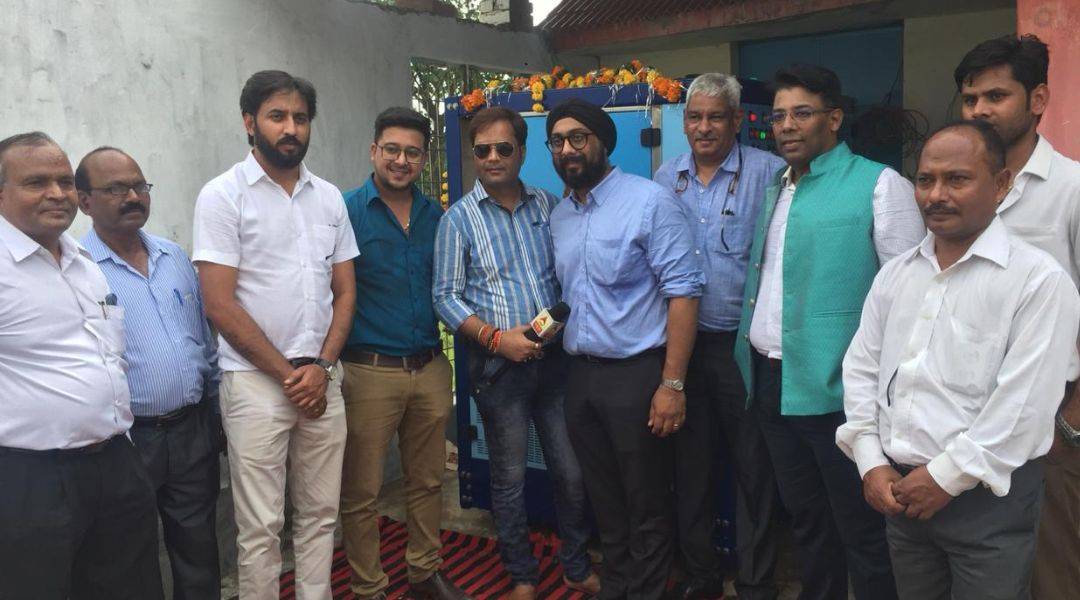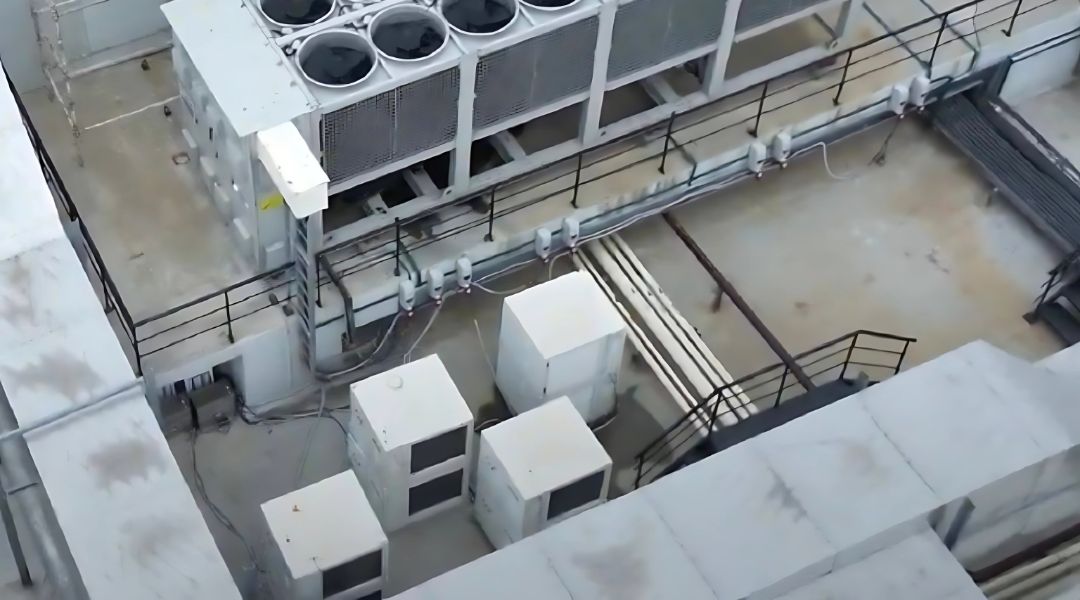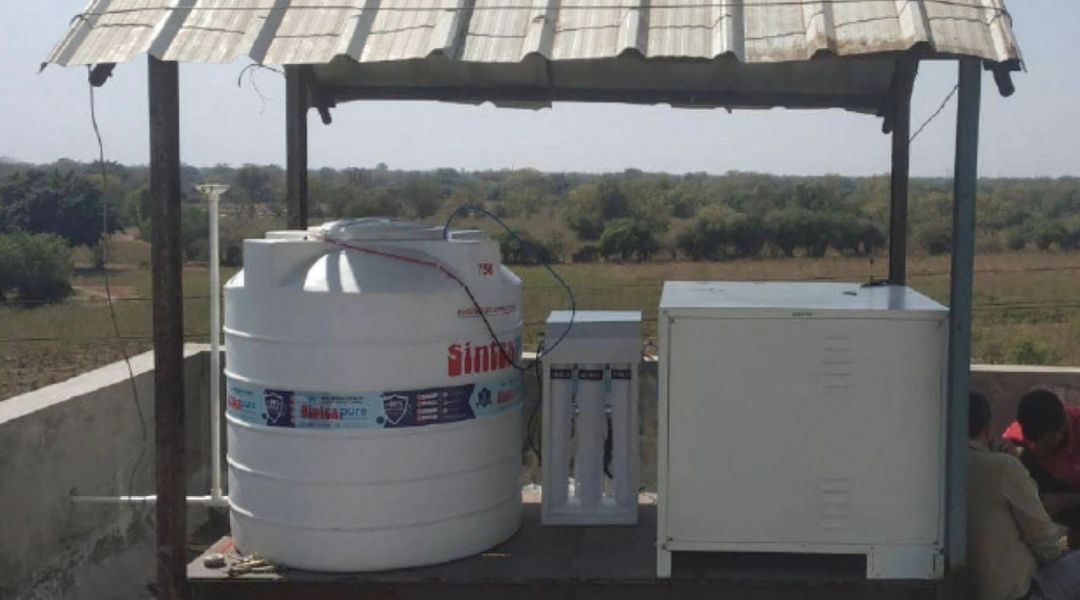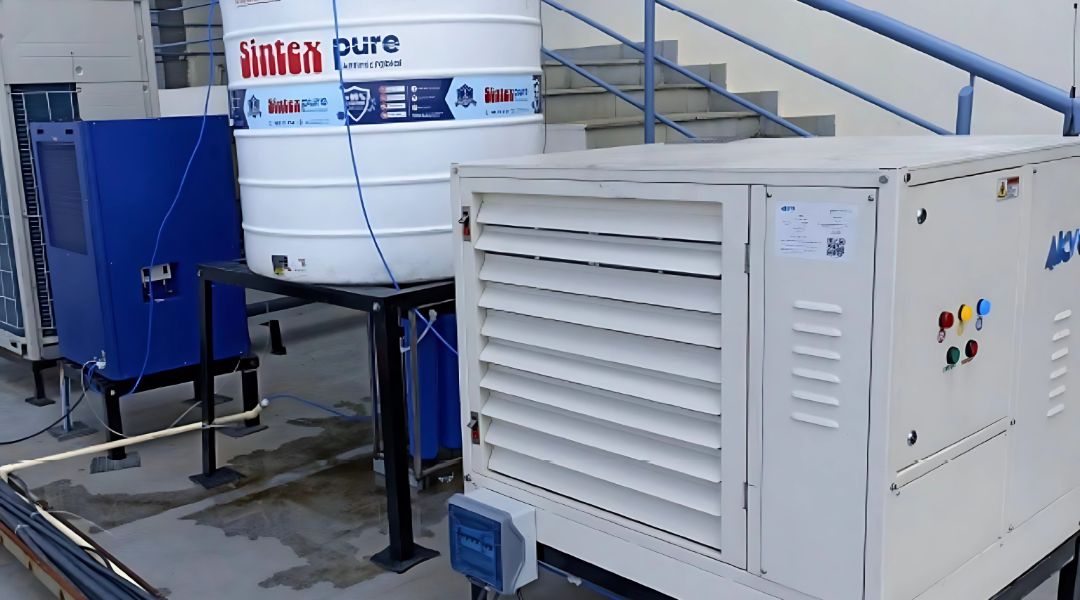Transforming Air into Water: How Akvo is Solving the Water Crisis
Access to clean drinking water remains a major challenge in many parts of the world. In Hardua Mangarh, a village in Madhya Pradesh, residents struggled daily for safe water. Women and children walked miles to collect water, often from contaminated sources. The dry months made water even scarcer.
This changed when Akvo, led by Navkaran Singh Bagga, introduced Atmospheric Water Generator (AWG) technology. Instead of relying on wells, rivers, or government tankers, the villagers now generate their own drinking water—directly from the air.
Who is Navkaran Singh Bagga?
At 38, Navkaran Singh Bagga, based in Kolkata, transitioned from family businesses in steel, hospitality, and trade to water technology. Around 2016-17, he identified water scarcity as a critical global issue. Discovering Atmospheric Water Generators (AWGs), he saw an opportunity to create water from air, independent of existing sources, and developed solutions for industrial and community use.
How Does It Work?
The AWG system mimics nature’s condensation cycle. It pulls in air, filters dust and contaminants, then cools it to dew point, turning vapor into liquid. The water undergoes multi-stage filtration, including UV sterilization, before being made available for consumption.
Overcoming Challenges
Many were skeptical of drawing water from air. Additionally, the technology needed optimization for drier climates. Bagga’s team worked on improving efficiency, affordability, and integrating AWGs with solar power for off-grid solutions, aiming to make air-to-water technology mainstream.
A Sustainable Future
“Climate change is making traditional water sources unreliable,” says Bagga. “But air is everywhere—if we tap into it efficiently, we can create water where it’s needed.”
Akvo is driving towards a future where clean water is accessible without depleting natural resources. By merging innovation with sustainability, AWG technology has the potential to revolutionize water accessibility worldwide.
To read the full article, click here.




